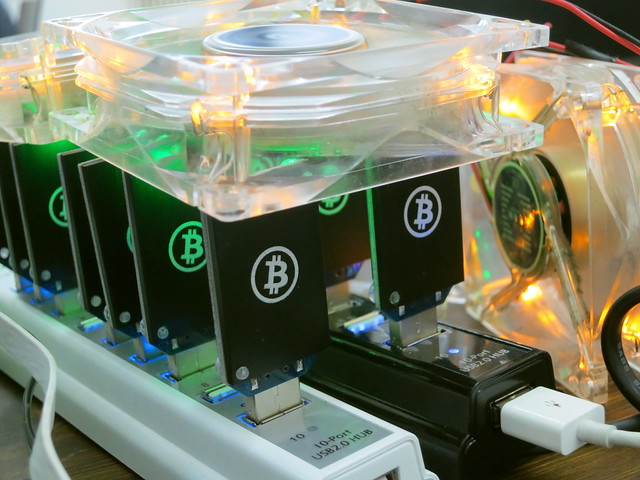Who controls Bitcoin? Image via Flickr/BTC Keychain
Advertisement
The distribution of Bitcoin difficulty hashrate. GHash.IO and BTC Guild together command more than half of all mining computing power. Via Blockchain.info
Advertisement
Advertisement
Advertisement

A Bitcoin miner. Image via Flickr/Mirko Tobias Schaefer
Advertisement
Advertisement
Advertisement
Advertisement